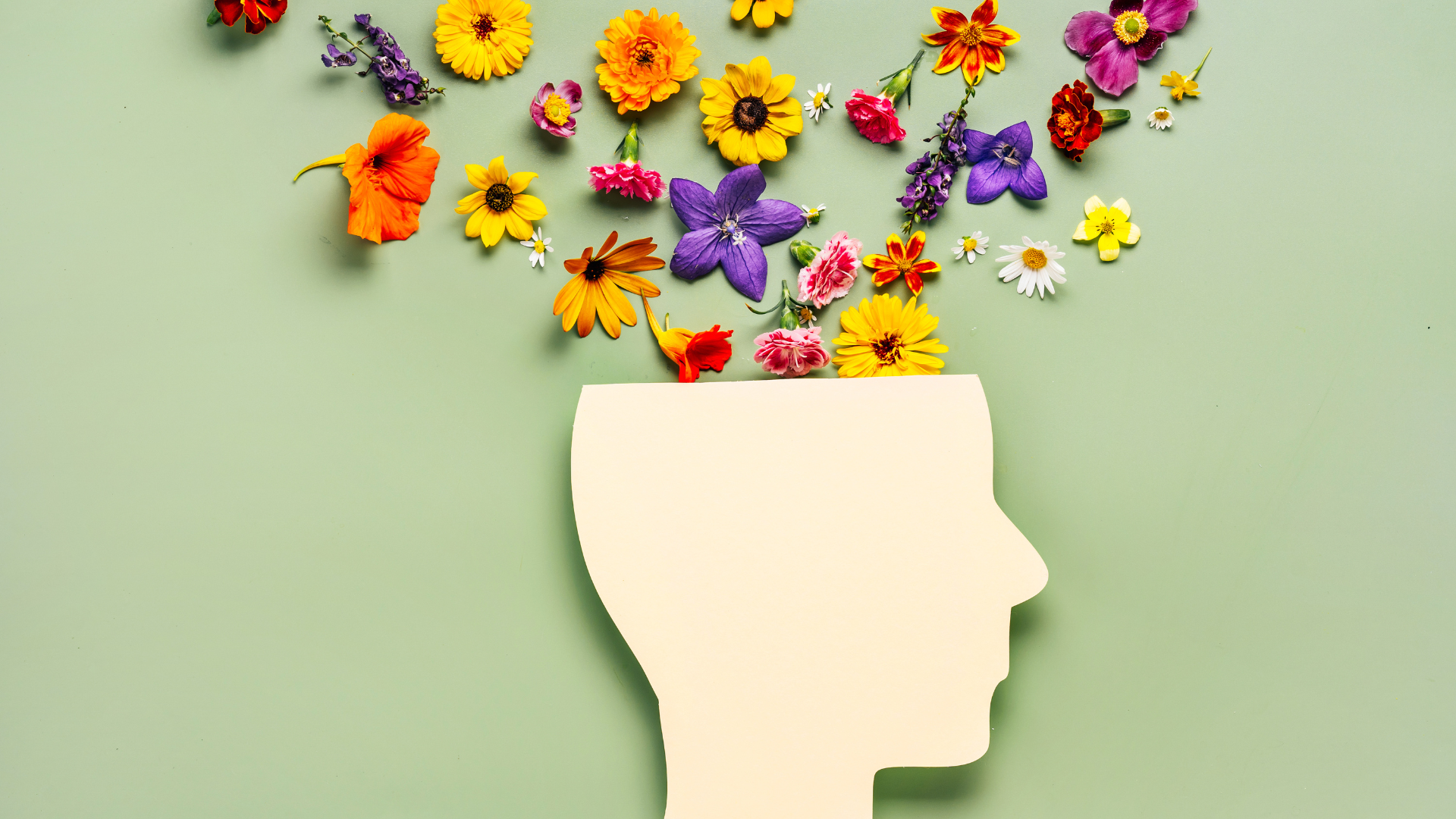The Role of Sleep in Preventing and Managing PMDD Symptoms in Jackson, Mississippi
Sleep is crucial for both the body and mind. In fact, we spend about one-third of our lives sleeping, and it plays a key role in maintaining our immune system, energy levels, memory, concentration, and mood. It also helps us retain the information we’ve learned. It’s recommended that adults get at least 7-8 hours of sleep each night. However, many people in Jackson, Mississippi, struggle to get enough sleep due to late-night work, stress, or insomnia. Prioritizing good sleep habits can significantly improve overall health and well-being.
Not getting enough sleep or lack of sleep can lead to a number of serious health implications including the inability to regulate stress hormones, high blood pressure and an increased risk for diseases like obesity and type 2 diabetes and even problems with women's monthly cycle due to imbalances in the reproductive hormones.
Let’s take a look at how hormones might affect the quality and quantity of sleep that a woman gets at night. I’ll also share some tips for coping with other factors that can have an impact on our sleep habits to get us to achieve better rest every night.
Sleep and the Menstrual Cycle
Have you ever noticed that it can be more difficult to fall asleep or stay asleep around the same time of your monthly cycle?
Estrogen and progesterone, primary ovarian hormones and their fluctuation throughout a woman’s menstrual cycle can play a part in poor sleep patterns. During ovulation, estrogen and progesterone levels increase. This may cause an increased tired or lethargic feeling. After ovulation, during the luteal phase of your cycle, these hormones will decrease again.
However, a dramatic fall in progesterone level during the luteal phase of the period, has been associated with sleep difficulties in a lot of women.
Here are some tips to improve your sleep and combat the many stresses of life.
When it comes to coping with hormone-induced insomnia, developing healthy sleep habits will help you get through it more easily. This can be as simple as sticking to a more regular schedule before and after your periods. Much of the poor quality sleep that people suffer from has nothing to do with hormones. A lot of other things, such as work stress or unhealthy habits, can contribute to this. Luckily, there are plenty of things you can do to fix it. Here are three tips you should try:
-
Try to keep a consistent sleep schedule going to bed at a set time and rising at a set time even on weekends. It resets the brain and allows for a better sleep routine and more restful night.
-
Drink plenty of water throughout the day.
-
Avoid eating too close to bedtime if you can. Hunger hormones tend to rise at night and those that make you feel full fall towards the end of the day. Eating too late in the evening can affect sleep quality and rest.
-
Try to avoid screens for 30 minutes before sleep. Melatonin is the hormone that regulates your sleep cycles and during the day sunlight prevents its production. Free form light from screens like cell phones and laptops can disrupt this process and will sometimes result in disrupted sleep. If you do use your phone before bed, remember to switch the setting to night mode which lowers the screen brightness, changes the color of the screen and minimizes melatonin suppression. Sleeping is all about getting your body to relax and de-stress, so try not to have any new information on your brain. Also, avoid watching anything exciting or making yourself feel too happy during this time.
-
Try to avoid caffeine after noon, since it blocks adenosine receptors and can affect your sleep. Furthermore, adenosine levels naturally increase at night-- so limiting caffeine intake will help you sleep better.
-
Don’t drink alcohol within three hours of bedtime because it can disrupt your sleep and leave you feeling less tired.
-
A warm drink of Chamomile tea is very helpful in promoting good night sleep. Chamomile tea made from chamomile plants has been shown to induce sleep because of its sedative effect. It also contains the antioxidant apigenin known to cause muscle relaxation and sleep.
-
Create a sleep-friendly environment by keeping the room quiet, dim, and the right temperature. You can also use a white noise device or app, turn off your lights and screens before bedtime, and make sure your room is not overly cold or hot
-
Use your bed primarily for sleep. Avoid working in bed.
-
Exercise earlier in the day or at least a few hours before bedtime. Exercise can help you get much deeper sleep that leaves your body feeling rejuvenated. Endorphins are the hormones your body releases in response to stress or physical pain. They can also be released during exercise in order to increase brain activity, which makes people feel more alert and awake. So if you want to feel more refreshed before bed avoid exercise too close to bedtime.
-
Meditating or relaxing for just ten minutes right before bed can be helpful in stopping the brain from releasing hormones that often contribute to feelings of anxiety and impatience. Instead of scrolling through your phone, reading a book, or watching the clock if you wake in the middle of the night, try meditating or repeating a word over and over until you nod off.




